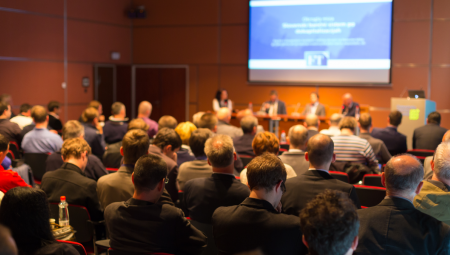 France. The Montreal Protocol meeting held july 20-24 in Paris failed to bring a breath of fresh air into the HFC discussions as the parties were unsuccessful in initiating a process of formal negotiations on how to manage HFCs.
France. The Montreal Protocol meeting held july 20-24 in Paris failed to bring a breath of fresh air into the HFC discussions as the parties were unsuccessful in initiating a process of formal negotiations on how to manage HFCs.
However, progress has been made in this direction and further intersessional meetings will be held prior to the Meeting of the Parties in November in Dubai.
With four proposed amendments to phase out HFCs under the Montreal Protocol and following a series of informal meetings over the past couple of years in HFC management, including an intersessional meeting held in June, hopes were high ahead of the parties' meeting at the 36th Open-Ended Working Group to the Montreal Protocol that discussions on HFCs will move to a formal atmosphere. Despite the persevering efforts of the proponents of the HFC amendments, a growing number of supporters and commitments made, the countries were unable to finalize their agreement on a mandate for a contact group that will formally negotiate issues related to how to deal with HFCs under the Montreal Protocol.
For the first time since the first proposed amendment that was tabled seven years ago, countries have had a constructive discussion on various elements of four proposed amendments to eliminate HFCs submitted for this meeting by a total of 40 countries. In addition to the proposals put forward by North American countries and the European Union, a number of small island countries joined forces with the Federated States of Micronesia, while India presented what they believe might be feasible.
The four proposals include different elements, and advocates were questioned for four days about the reasons for establishing different baselines, reduction schedules, the grace period, as well as the level of ambition for both developed and developing countries. Such a debate is an important step in the right direction; however, real progress in establishing formal discussion is required to make real progress.













